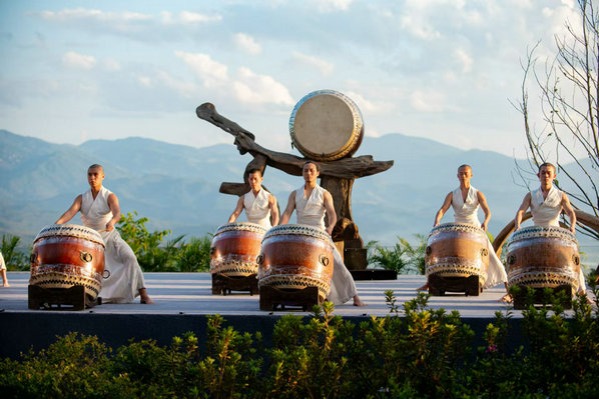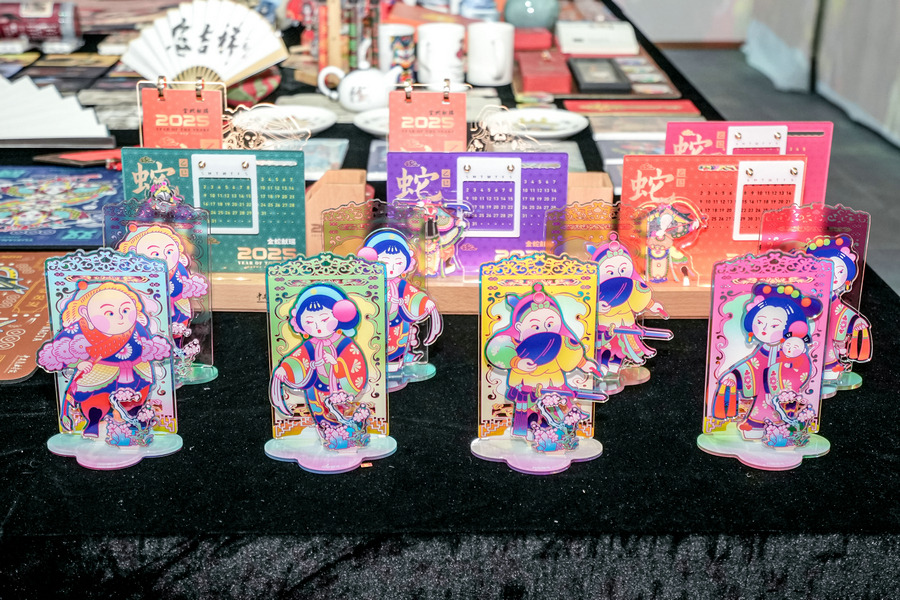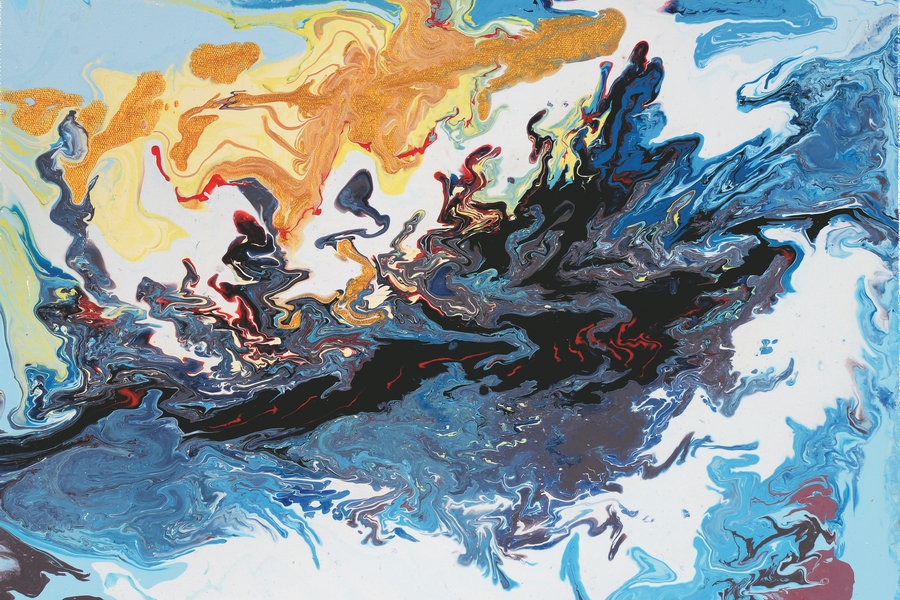Through the years

 |
| Splendor and Beauty: The Archaeological Finds in Recent 20 Years in China displays 360 sets of artifacts unearthed from around the country. A model of the Ashoka Pagoda is one of the biggest draws at the show. |
"These cultural relics are star actors, and we are setting a screenplay to create a good performance," he says. "Beauty is subjective, and we want to leave the question to the visitors to have their own judgment."
Zhao says technology will be brought into this exhibition later to enable visitors turn their smartphones into voice navigators via an app.
Until this one, there had never been a national-level comprehensive exhibition to review the new archaeological findings since 1996, though such exhibitions had been held for three years in row by then. Only major annual exhibitions were held earlier.
However, with the urbanization in China since the mid-1990s, many historical relics have been accidentally unearthed at construction sites.
"That made archaeologists work around tight schedules and they didn't have the time to wait and review our fruitful achievements," says Zhao.
Though the exhibition aims to show archaeological achievements in the past 20 years, some exhibits are also from discoveries before 1996.
According to Guan Qiang, deputy director of the State Administration of Cultural Heritage, joint exhibitions will be a trend in Chinese museums to optimize allocation of resources as efforts of single institutions are limited.
"We'll lift the geographic and administrative restrictions to establish a sharing platform of museums in different places and encourage them to exchange their exhibits," he says. "This is a better way to expand influence among the public."




































